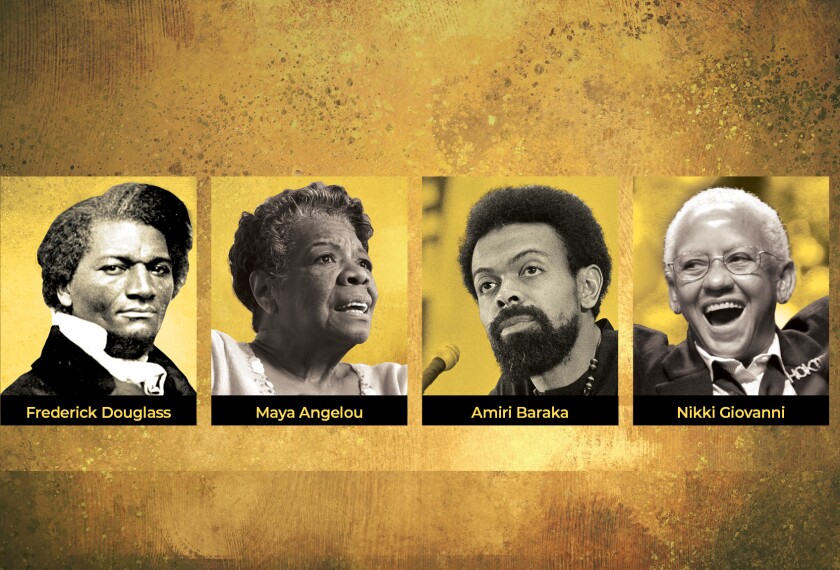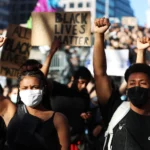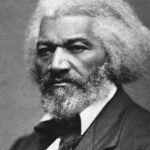The Chains of Slavery: A Long Shadow
In the profound tapestry of time, Black History Month unfolds as a poignant narrative that traverses the landscapes of adversity, triumph, and the unwavering resilience of a people. From the chains of slavery to the triumphant echoes of liberation, this reflection embarks on an exploration through the annals of history, paying tribute to the indomitable spirit that defines the rich tapestry of Black history.
Origins of Oppression
The origins of the African diaspora are haunted by the specter of slavery, a chapter marred by oppression, brutality, and the commodification of human lives. The dehumanizing grip of slavery fractured families, extinguished freedoms, and left an indelible mark on the collective psyche of a resilient people. Harriet Tubman emerges as a guiding light, leading countless souls from the clutches of bondage to the shores of freedom through the Underground Railroad.
Abolition and the Birth of Hope: A Seismic Shift
The fervor of abolitionists and the moral awakening of nations marked a pivotal moment in history, challenging the deeply ingrained institution of slavery. Through tireless advocacy, impassioned speeches, and the valiant efforts of those who championed equality, the chains began to crack. Frederick Douglass, a former slave turned influential orator and writer, wielded the power of words as a formidable weapon in the fight against slavery.
Championing Equality
Abolitionists fervently worked to break the shackles of slavery. Tireless advocacy, impassioned speeches, and valiant efforts of those who believed in equality collectively began to crack the chains of oppression. Frederick Douglass, once a slave, emerged as an influential orator and writer, using the power of words as a formidable weapon in the fight against slavery.
Emancipation and the Long Road Ahead: A Glimpse of Freedom
The Emancipation Proclamation of 1863 rang out as a proclamation of freedom, igniting the flame of liberty for those held in bondage. However, this momentous occasion marked only the beginning of a journey towards true liberation. The echoes of emancipation reverberated through generations, with figures like Booker T. Washington playing a crucial role in the post-emancipation era, advocating for education and economic empowerment.
Proclamation of Freedom
The Emancipation Proclamation of 1863 marked a pivotal moment, ringing out as a proclamation of freedom and igniting the flame of liberty for those held in bondage. However, this momentous occasion marked only the beginning of a journey towards true liberation. The echoes of emancipation reverberated through generations, with figures like Booker T. Washington playing a crucial role in the post-emancipation era, advocating for education and economic empowerment.
Civil Rights and the Struggle for Equality: A Defiant Wave
The mid-20th century witnessed the rise of the Civil Rights Movement, a tidal wave of activism demanding an end to segregation and systemic racism. Through nonviolent protests, legal battles, and unwavering determination, the movement sought to dismantle the pillars of inequality. Martin Luther King Jr., with his resounding “I Have a Dream” speech, emerged as an iconic leader, advocating for justice, equality, and brotherhood.
Rise of the Civil Rights Movement
The mid-20th century witnessed the rise of the Civil Rights Movement, a tidal wave of activism demanding an end to segregation and systemic racism. Through nonviolent protests, legal battles, and unwavering determination, the movement sought to dismantle the pillars of inequality. Martin Luther King Jr., with his resounding “I Have a Dream” speech, emerged as an iconic leader, advocating for justice, equality, and brotherhood.
Liberation and the Ongoing Quest: Beyond the Horizon
The struggles of the past laid the foundation for an unending quest for liberation, extending beyond legal victories to address systemic inequalities. Through political engagement, cultural expression, and community empowerment, the journey towards liberation remains an ongoing narrative. Barack Obama’s historic presidency in 2008 marked a symbolic milestone, signifying progress while acknowledging the distance yet to be traveled.
Ongoing Quest for Liberation
The struggles of the past laid the foundation for an unending quest for liberation, extending beyond legal victories to address systemic inequalities. Through political engagement, cultural expression, and community empowerment, the journey towards liberation remains an ongoing narrative. Barack Obama’s historic presidency in 2008 marked a symbolic milestone, signifying progress while acknowledging the distance yet to be traveled.
A Journey of Resilience and Hope
As we reflect on the journey from slavery to liberation during Black History Month, the narrative of resilience, struggle, and unyielding determination unfolds. From the depths of oppression to the heights of advocacy, the chapters written by Black individuals and communities resonate as a testament to the human spirit’s indomitable capacity to overcome.
In the symphony of history, Black History Month becomes a sacred refrain, reminding us of the collective journey towards liberation and the ongoing responsibility to confront the shadows of injustice. The echoes of the past propel us towards a future where the chains of inequality are shattered, and the anthem of liberation reverberates for all.





